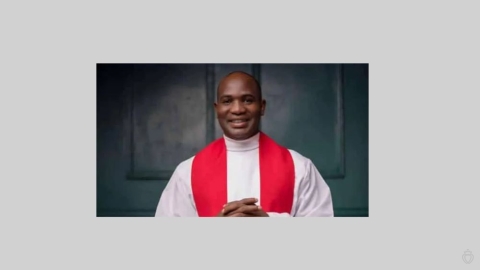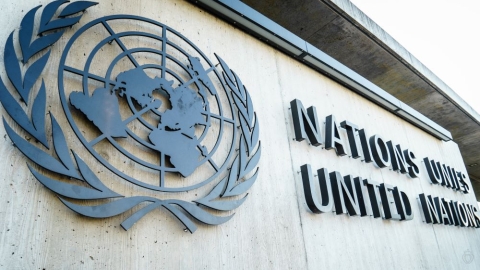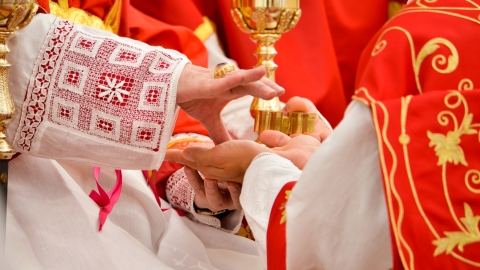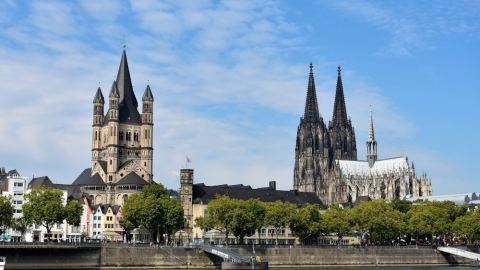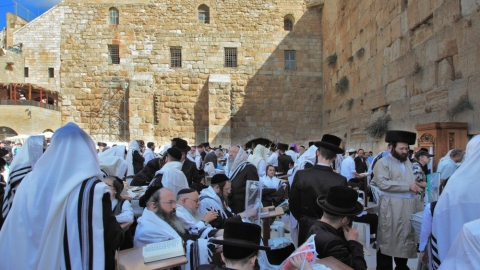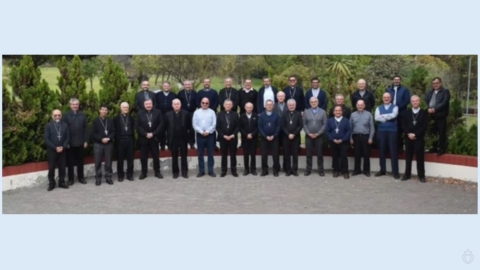China: Catholic Church Constrained by Government Directives

Catholic Church of Bailu, Sichuan
Since May 23, 2023, a new online database of the identity of Catholic, Protestant, and Muslim religious has been activated by the Chinese authorities. The identity control system of Buddhist and Taoist monks was previously launched on February 22.
According to official Chinese news agency Xinhua, this would be to “maintain order, ensure healthy transmission” of religious content, and help Chinese believers identify false religious to “protect the public interest.” Some fear it is a new tool to strengthen control over religions in China, stresses the Churches of Asia (EDA) agency of the Paris Foreign Missions.
This “online file” lists all the priests and religious of the different communities (Catholic priests, Protestant pastors, Buddhist and Taoist monks, imams) from the official registers of the religious communities.
Anyone will now be able to access the data of each registered individual online: name, sex, photos, religious title, religious denomination, as well as an identification code. The database is updated by official bodies such as the Patriotic Association of Chinese Catholics, or the State Administration for Religious Affairs.
The Chinese state officially recognizes five religions: Buddhism, Taoism, Islam, Catholicism, and Protestantism. The government imposed strict control on them, asking all members of the clergy to register with the official organizations in order to obtain authorization.
On 8 May, several officials of the Chinese People’s Political Consultative Conference (CPPCC), which reports to the Chinese Communist Party (CCP), visited the diocese of Shanghai to study the efforts of the local Church in favor of the “sinisation” policy desired by Beijing. They were welcomed by Bishop Joseph Shen Bin, who has been installed for a month in Shanghai by the Chinese authorities, in violation of the 2018 Provisional Agreement on the Appointment of Bishops, signed between the Holy See and China. [1]
Last March, the coastal city of Qingdao, in Shandong province (in eastern China), created the Special Committee for the Progression of the Sinisation of Christianity to support the “sinisation” of religion according to the principles of the Chinese Communist Party.
At the 20th National Congress of the Communist Party in 2022, President Xi Jinping urged Party leaders to “faithfully and fully implement the Party’s policy on freedom of religious belief,” stating that religious groups should adhere to the development of religions in the Chinese context and actively bring religions to adapt to socialist society.”
On November 26, 2022, a month after the Agreement was renewed for two years, the Chinese government installed – without warning to the Vatican – the Msgr. Jean Peng Weizhao, Bishop of Yujiang, as Auxiliary Bishop of Jiangxi – a diocese not recognized by the Holy See. In a statement, the Vatican expressed its regret and bitterness, stating that it hoped that such an episode would not happen again.
But on April 4, 2023, the Patriotic Association of Chinese Catholics announced the transfer of Bishop Shen Bin of Haimen to the head of the diocese of Shanghai, without the pope giving his approval or even being notified. The newly installed bishop is president of the Conference of Bishops of the Catholic Church of China (BCCCC), subject to the national jurisdiction of the Chinese government. He was elected at the 10th National Congress on Catholicism in August 2022.
After his installation, he confided that he would continue to support “the beautiful tradition of patriotism and love of the Catholic Church in Shanghai,” promising to follow “the principles of independence and self-governance” of the Church in China [in relation to Rome], as well as “the country’s policies regarding Catholicism in China.”
The visit to the Chinese capital a few days later by a delegation led by Stephen Chow, Bishop of Hong Kong, made it possible to open “a diocesan bridge between Beijing and Hong Kong,” the prelate explained in an interview with La Civiltà Cattolica, the Italian Jesuit review considered a semi-official channel for papal diplomacy.
“The cooperation we have agreed to, strongly desired by both sides, gives us hope and the determination to work together,” he said, without necessarily being reassuring. In fact, the Bishop of Hong Kong has not hidden that since 2018, about a third of the dioceses of the continent await their respective episcopal appointments.”
Because, since the signing of this Provisional Agreement, so far there have been only six appointments, says the Vaticanist Sandro Magister on May 24, 2023, on his blog: “In 2019 in Jining and Hanzhong (in both cases the candidates had already been approved, respectively in 2010 and 2016); in 2020 in Qingdao and Hongdong; in 2021 in Pingliang and Hankou-Wuhan. Yet, of the 99 dioceses 34 are still without a bishop, despite the agreement on new appointments.”
“The detailed list of vacant dioceses, before the affairs of Jiangxi and Shanghai broke out, was published by Asia News, the agency of the Pontifical Institute of Foreign Missions in Milan that specializes in China,” said the Italian Vaticanist.
[1] The situation has since been regularized by the Holy See in desperation.
(Sources : cath.ch/imedia/fides/eda/ucanews/settimo cielo/DICI n°433 – FSSPX.Actualités)
Illustration : Photo 41435518 © Bai Xuejia | Dreamstime.com
